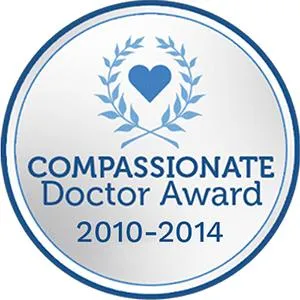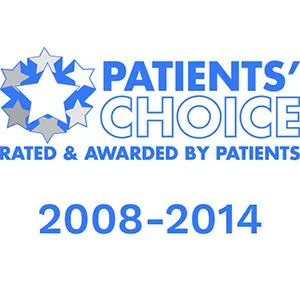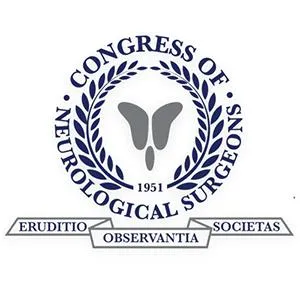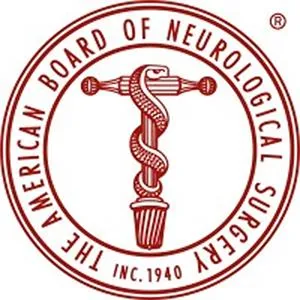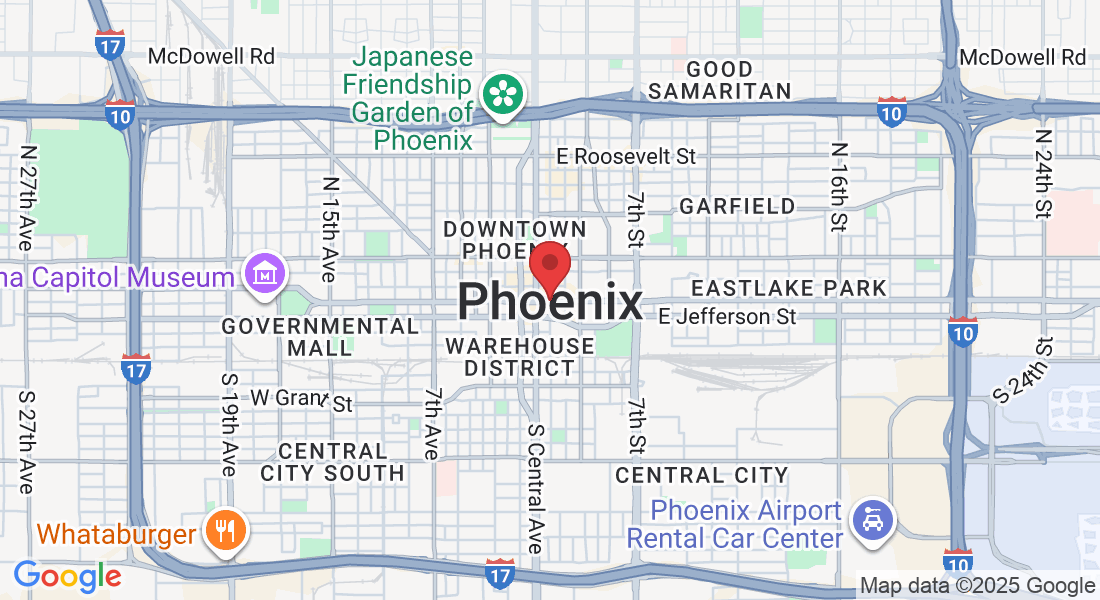Spine Nerve Conditions
Spinal Cord Injury
Understanding Trauma to the Body’s Nerve Center
The spinal cord is the vital bundle of nerves that carries messages between the brain and body. When it is damaged due to trauma or disease, the result is a spinal cord injury (SCI). Depending on the location and severity, a spinal cord injury can cause pain, weakness, paralysis, or loss of function below the level of injury. At Desert Spine and Pain, we know how life-changing this diagnosis can feel. Our team, led by Dr. David L. Greenwald, M.D., FAANS, FACS, one of the nation’s top neurosurgeons, is dedicated to providing expert evaluation, advanced treatment, and compassionate support for patients and families facing spinal cord injuries.

Over 100 5-Star Reviews!

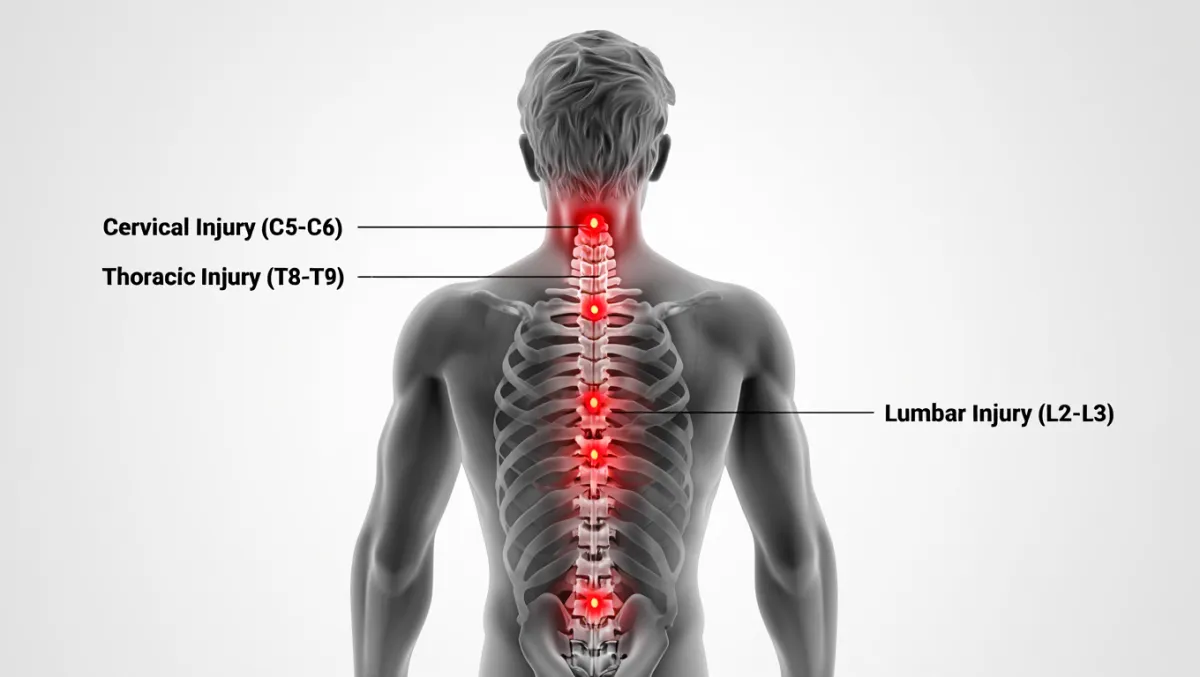
What is a Spinal Cord Injury?
A spinal cord injury occurs when the spinal cord is bruised, compressed, or severed. Injuries may be classified as:
Complete SCI – Total loss of sensation and movement below the injury level
Incomplete SCI – Some function remains, with variable recovery potential
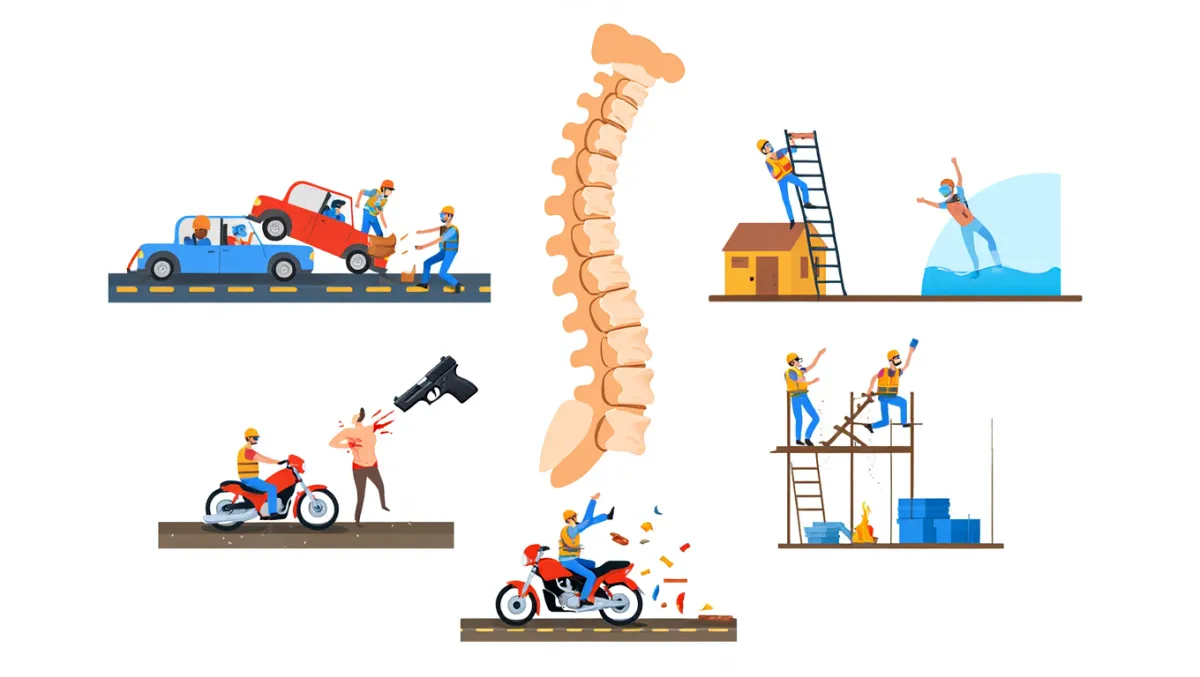
Causes and Risk Factors
Trauma – Car accidents, falls, sports injuries, or violence (most common cause)
Degenerative conditions – Severe spinal stenosis or myelopathy can predispose the spinal cord to injury
Herniated disc – Rarely, a large extrusion may compress the cord
Tumors or infections – Pressure or inflammation damaging the cord
Osteoporosis-related fractures – Collapsed vertebrae compressing the cord
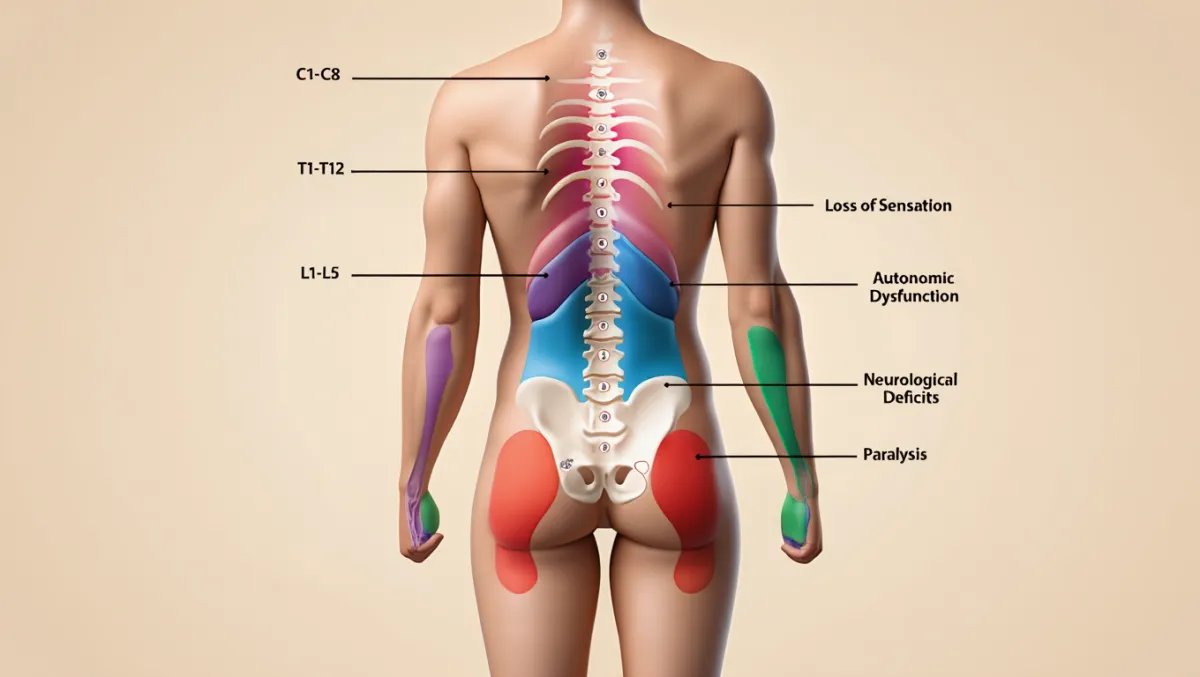
Symptoms of Radiculopathy
Symptoms vary based on the location and severity of injury:
Cervical spine (neck) – Can affect arms, legs, breathing, and bladder/bowel control
Thoracic spine (mid-back) – Can affect trunk, legs, and lower body function
Lumbar spine (lower back) – Often affects legs and bladder/bowel function
Other possible symptoms include:
Loss of movement or paralysis
Numbness, tingling, or loss of sensation
Difficulty breathing (with high cervical injuries)
Loss of bladder or bowel control
Muscle spasms or exaggerated reflexes
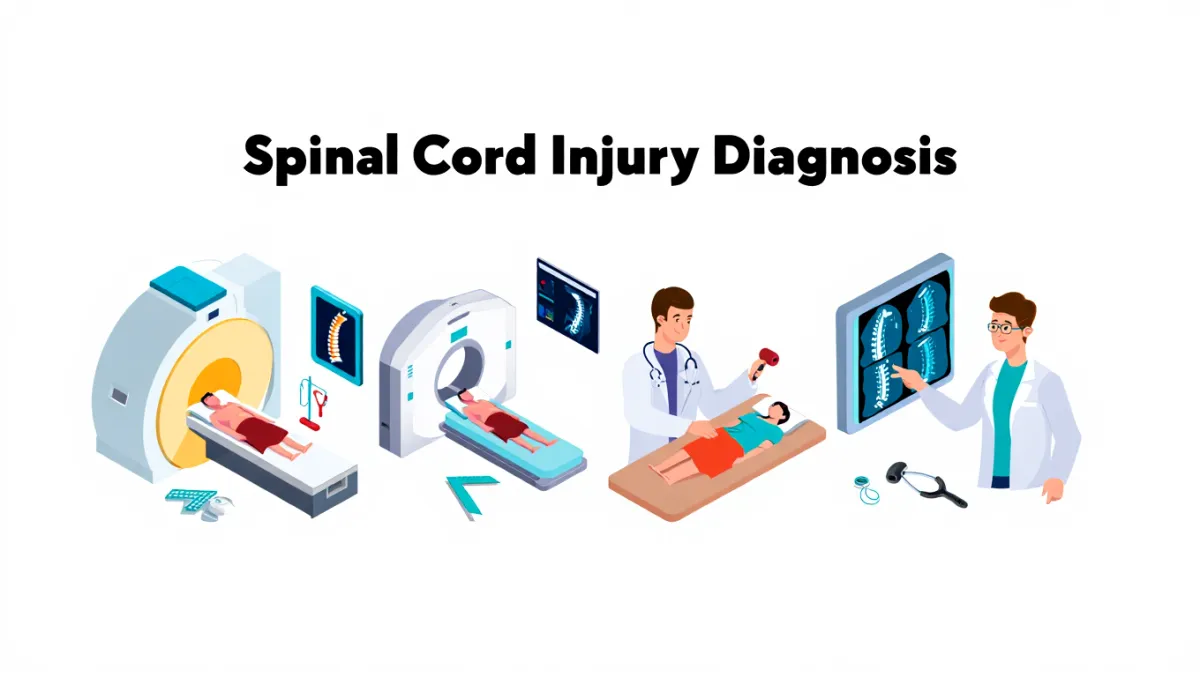
Diagnosis
At Desert Spine and Pain, evaluation includes:
Emergency stabilization – Maintaining spinal alignment to prevent further damage
Neurological exam – Assessing motor and sensory function
Imaging –
MRI to evaluate cord damage, compression, or bleeding
CT scans for fractures or bone detail
X-rays to check alignment and stability
Advanced testing – As needed to guide treatment planning
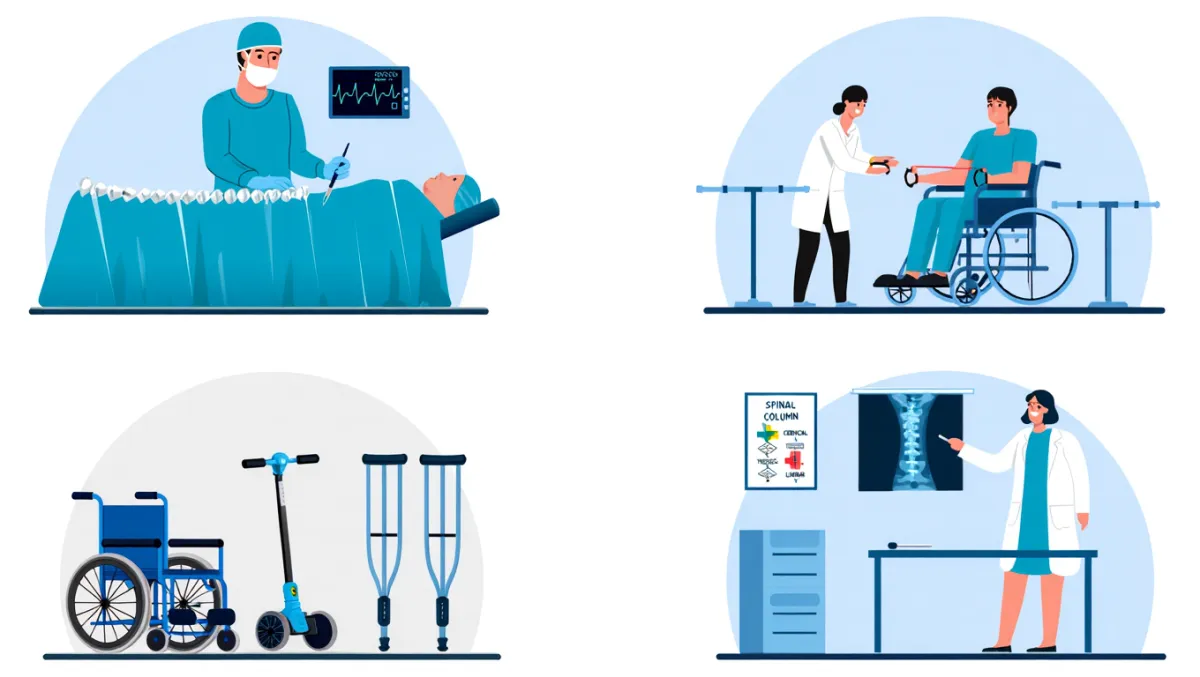
Treatment Options
Emergency Care
Immobilization and stabilization at the scene of injury
Medications to reduce inflammation in select cases
Surgery if compression, fracture, or instability is present
Surgical Treatments
Decompression surgery – Relieves pressure from bone fragments, discs, or ligaments
Spinal Fusion – Stabilizes the spine after trauma
Minimally Invasive Surgery (MIS) – When appropriate, reduces surgical trauma and recovery time
Rehabilitation & Long-Term Care
Physical Therapy and occupational therapy
Mobility aids (braces, wheelchairs, or exoskeletons)
Pain management, counseling, and support for patients and families
Ongoing monitoring to prevent complications (infections, pressure sores, osteoporosis)
Recovery Timeline
Mild injuries – May recover within weeks to months with proper treatment
Moderate to severe injuries – Require months to years of therapy and rehabilitation
Incomplete SCIs – Often have better recovery potential than complete injuries
Recovery – depends heavily on the location, severity, and timing of treatment
Why Choose Desert Spine and Pain?
Nationally recognized neurosurgeon – Dr. Greenwald specializes in spinal trauma and advanced neurosurgical techniques
Comprehensive care – From emergency intervention to long-term rehabilitation
Conservative-first philosophy – Surgery only when necessary, but urgent when critical
Compassionate support – We care for patients and families every step of the way
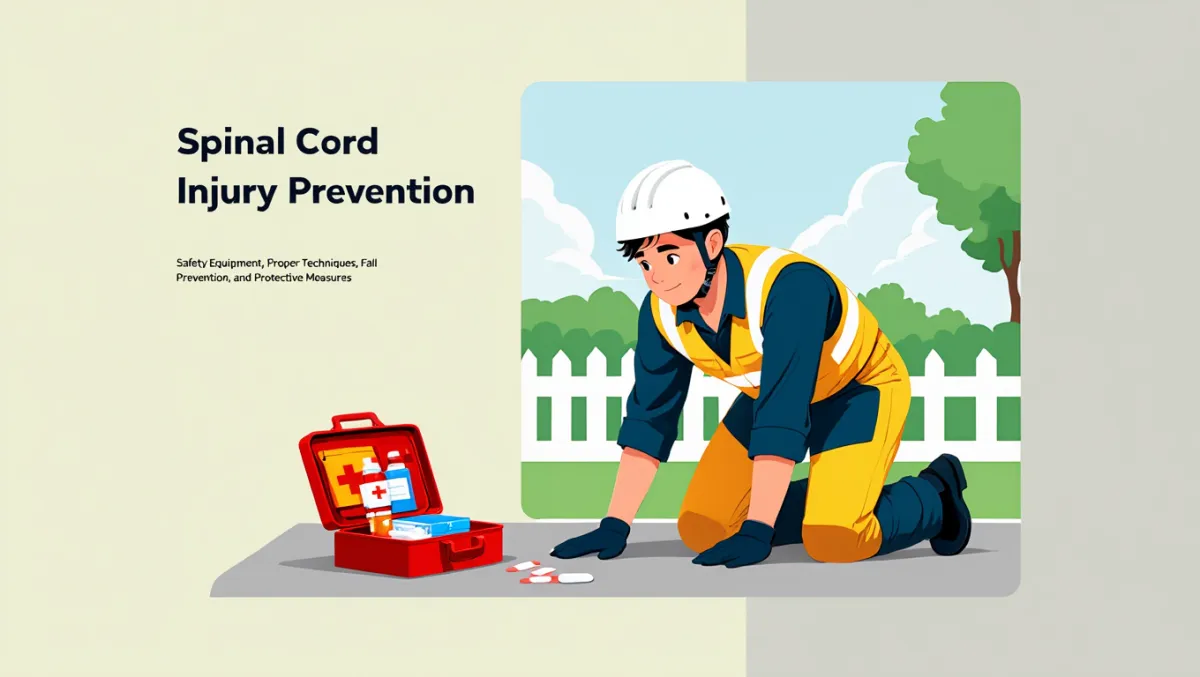
Frequently Asked Questions
Is spinal cord injury always permanent?
Not always. Incomplete injuries may recover with time and rehabilitation, while complete injuries are less likely to fully recover.
How quickly should spinal cord injuries be treated?
Immediately. Early treatment greatly improves chances of recovery and prevents further damage.
Can spinal cord injuries be treated without surgery?
Some mild cases can be managed without surgery, but many require surgical stabilization and decompression.
How long does recovery take?
It depends on severity and level of injury. Some patients recover function within months; others require lifelong support.
How does Desert Spine and Pain approach spinal cord injuries differently?
We combine emergency-level expertise, advanced neurosurgical care, and long-term rehabilitation planning — all led by Dr. Greenwald.


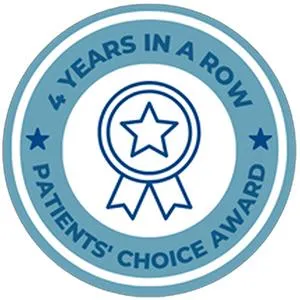

Dr. David L. Greenwald, MD
Neuro-Spine Surgeon


Call Now!
Desert Spine and Pain
A Spine Specialist is standing by.
Relief is just a phone call away!
Available Around the Clock.
Phone: (602) 566-9500
Email: [email protected]
Contact Us
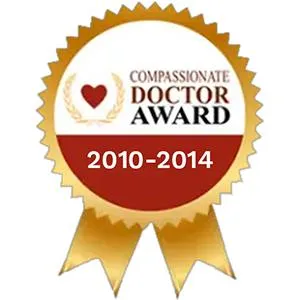
Schedule a Spinal Cord Consultation
If you or a loved one is facing the challenges of a spinal cord injury, expert care can make all the difference. Dr. Greenwald and his experienced team are dedicated to providing the most advanced diagnostic and treatment options available to support recovery and improve long-term outcomes. Every step you take toward specialized spine care brings you closer to renewed strength and stability. Schedule your consultation today and take the first step toward expert guidance, compassionate care, and a better quality of life.
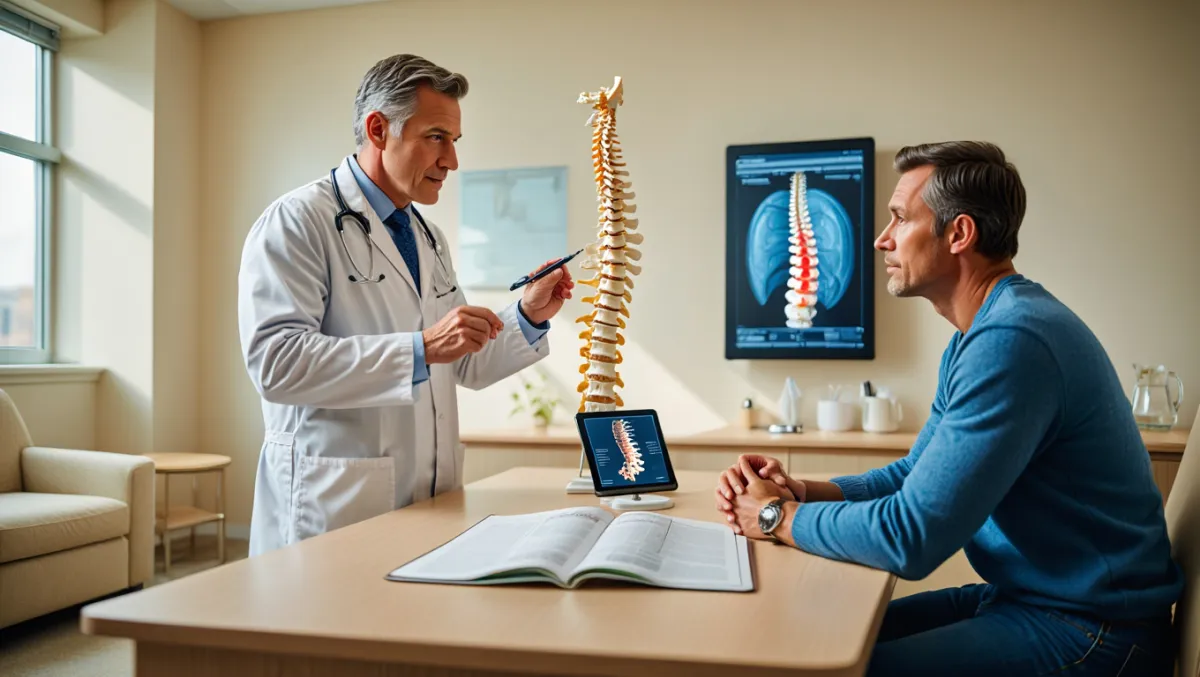
Voted Best Spine Doctor
Over 30 Years Experience in Orthopedic & Neuro Spine Surgeries.

Dr. David L. Greenwald, M.D., F.A.C.S.
Neurosurgeon | Spine Surgeon | Regenerative Medicine
Dr. David L. Greenwald, MD, FACS, is a board-certified spine surgeon with advanced expertise in the evaluation and treatment of spinal cord injuries, which can result from trauma, degenerative conditions, or severe compression within the spinal canal. These injuries often affect sensation, movement, and function below the level of injury, requiring precise, timely intervention. Dr. Greenwald utilizes advanced imaging, surgical stabilization, and minimally invasive decompression techniques to protect the spinal cord, reduce inflammation, and optimize recovery potential. His multidisciplinary, compassionate approach focuses on restoring function, preventing complications, and improving quality of life for patients throughout South Florida living with or recovering from spinal cord injuries.
Book your Spine Care Consultation Today!


Desert Spine and Pain
Patient Centered & Partner Focused
Quick Links
Resources
Connect With Us
© Desert Spine and Pain. 2026. All Rights Reserved. Sitemap

